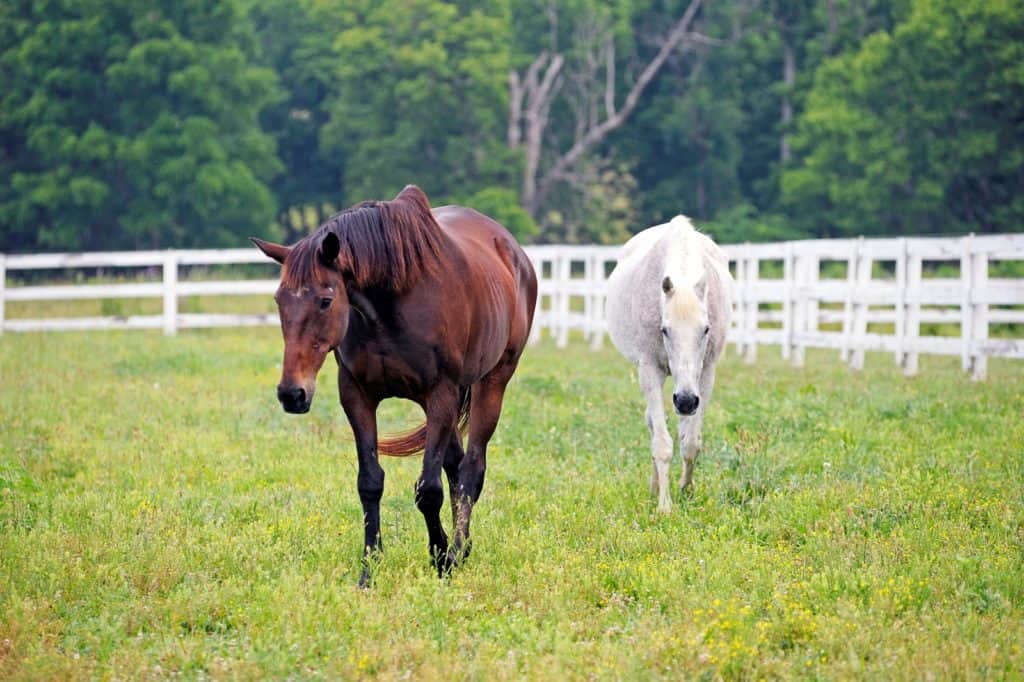Understanding the importance of electrolyte supplements for horses is crucial for maintaining your horse’s overall health and performance. Horses, much like humans, lose essential electrolytes through sweat during exercise and hot weather, which can lead to dehydration and other health issues. As equine enthusiasts, it’s our responsibility to ensure their well-being by providing the necessary nutrients. This includes not only daily care but also understanding when to support their diets with supplements.
In this article, we’ll delve into the key aspects surrounding electrolyte supplements for horses, providing insights for every horse owner to consider. It’s also important to complement this knowledge by understanding other areas such as horse electrolyte supplements available on the market. This holistic approach ensures your horse receives balanced nutrition.

The Role of Electrolytes in Horse Health
Electrolytes are minerals that help regulate many physiological functions, including muscle function and the hydration of cells. They are vital for a horse’s metabolic processes and overall vitality. The key electrolytes include sodium, potassium, chloride, calcium, and magnesium. Each plays a significant role in maintaining fluid balance, nerve function, and muscle contraction.
Why Electrolytes are Essential
During intense activity or in hot climates, horses can sweat a lot. In doing so, they lose these essential minerals. If not replenished, this can lead to fatigue, muscle cramps, and in severe cases, overheating or nutritional deficiencies. Providing adequate electrolyte supplements ensures your horse remains hydrated and continues to perform optimally.
Choosing the Right Electrolyte Supplements for Horses
Not all supplements are created equal. It’s important to evaluate the different types available on the market. Many of these supplements will include varying concentrations of the key electrolytes, so understanding what your horse specifically needs is paramount.
Types of Supplements
- Powdered Electrolytes: Easy to measure and mix with feed or water.
- Pastes: Useful for horses that may not drink adequately when they’re stressed or on the move.
- Liquids: Can be directly added to the drinking water, ensuring ease of consumption.
Consider consulting with a veterinarian or equine nutritionist to determine the exact needs of your horse. Every horse is different, influenced by factors like age, weight, activity level, and health status.
When to Use Electrolyte Supplements for Horses
The timing of administering electrolytes is as critical as choosing the right type. Here are some instances when your horse might need additional supplementation:
Hot Weather and Workload
During hot months or heavy workloads, ensure your horse’s electrolytes are topped up. This is also true when traveling long distances, especially in high temperatures. Regular monitoring and adjustments in dosage can prevent adverse effects.
Performance Events
Before, during, and after competitions, horses may have higher demands for electrolytes. Supplements can help maintain energy levels and aid in recovery post-event. You can learn more about specific feeding strategies in events through resources like feeding schedules tailored for peak performance.
Signs Your Horse May Need Electrolytes
It’s crucial to recognize early signs of electrolyte imbalance in horses. Observing your horses behavior and physical state can provide early warning signs.
Common Symptoms
- Fatigue: A lack of stamina and energy can indicate a need for supplementation.
- Frequent Thirst: Excessive drinking can sometimes mean that your horse is trying to balance its electrolytes.
- Muscle Tension: Horses might exhibit stiffness in their movements due to electrolyte loss.
Monitoring these symptoms and addressing them with adequate care and supplementation is a proactive approach to equine health.
Balancing Electrolytes with Regular Diet
Electrolytes should complement a horse’s regular diet rather than replace any part of it. A nutritious, balanced diet is the foundation of a healthy horse. Ensure that your horse’s diet includes plenty of fresh water, and explore various nutritious feed options such as those found in horse diets.
Common Feed Inclusions
- Natural Grains and Forage: This provides a base of fiber and basic nutrients.
- Fresh Vegetables: Offers additional hydration and essential vitamins.
- Specialized Feeds: Consider feeds targeted for particular needs, such as lactating mares or aged horses.
Discuss diet plans with a professional to ensure your horses specific dietary needs are met efficiently.
FAQs on Electrolyte Supplements for Horses
Do all horses need electrolyte supplements?
Not all horses will need supplements. Those engaging in high-performance activities or under specific circumstances like hot weather might need them more than horses with typical activity levels.
Can too many electrolytes be harmful?
Yes, over-supplementation can lead to issues such as imbalances in blood chemistry. It’s essential to give the correct dosage as suggested by experts.
Are there natural sources of electrolytes?
Yes, many natural feeds contain electrolytes. However, during peak stress times, supplements can provide a more concentrated source necessary for equine health.

Conclusion
Ensuring your horse receives adequate electrolyte supplements is part of a comprehensive care strategy. By maintaining a balance in diet, hydration, and exercise with high-quality supplements, horse owners can safeguard the health and performance of these majestic animals. With the right knowledge and resources, every horse enthusiast can contribute to their equine partner’s well-being. Understanding equine nutrition is an ongoing journey, and resources from sites like equine nutritional hubs are valuable for continuous learning.
This article contains affiliate links. We may earn a commission at no extra cost to you.








